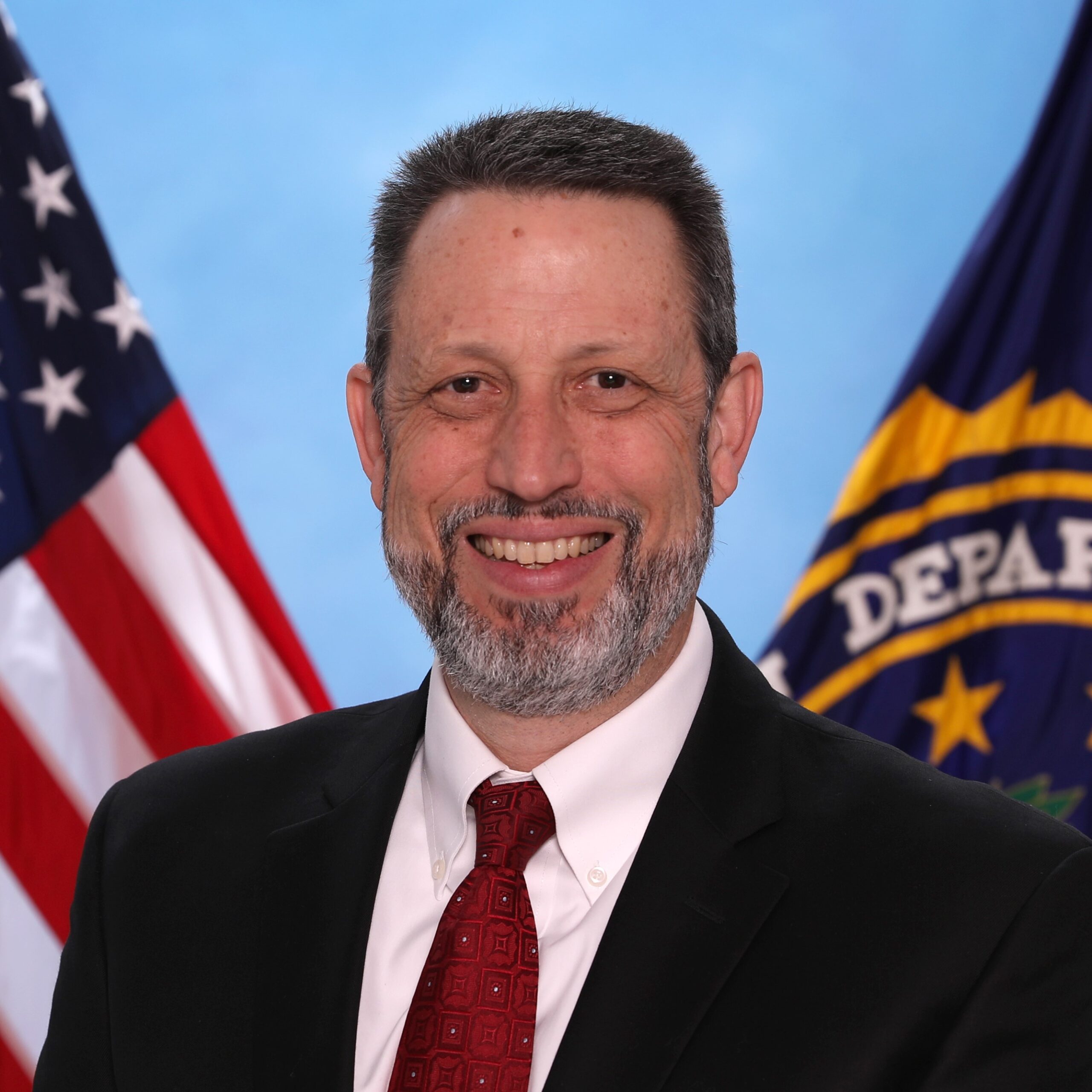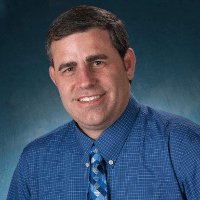Implementation of Rapid DNA Part 2
Home » Implementation of Rapid DNA Part 2
- Workshop
Implementation of Rapid DNA Part 2
- September 15, 2020 //
- 1:00 pm -
- 4:00 pm //
Description:
This workshop will cover the implementation of Rapid DNA in the United States. Participants will hear lessons learned from contributing states in the FBI’s Arrestee Rapid DNA Booking Station Pilot Program as well as an overview of the FBI’s Booking Station Standards and National Booking Station Procedures. Updates from SWGDAM’s Rapid DNA Working Group and the FBI’s Rapid DNA Task Force will enhance discussions in the afternoon regarding technology advancement needs of Rapid DNA instrumentation for possible future crime scene database use.
Learning Outcomes:
- Attendees will gain knowledge of requirements needed to implement Rapid DNA in the booking station.
- Attendees will gain knowledge of requirements needed to implement Rapid DNA in the booking station.
- Attendees will engage in discussions regarding potential use of Rapid DNA on crime scene evidence.
Intended Audience:
The intended audience is forensic science practitioners and researchers. No prerequisite knowledge is needed.
Agenda:
| Time | Topic | Speaker |
| 1:00-1:20pm | SWGDAM Rapid DNA Committee Update | Richard Wilson |
| 1:20-1:45pm | Non-CODIS Best Practices, Courtroom Considerations Task Group | Thomas Callaghan, Melissa Mourges, Douglas Hares |
| 1:45-2:10pm | Rapid DNA Technology Advancement Task Group | Thomas Callaghan, Melissa Mourges, Douglas Hares |
| 2:10-2:20pm | Q&A and Break | |
| 2:20-2:55pm | Bensalem Police Department | Frederick Harran |
| 2:55-3:25pm | Orange County District Attorney’s Office | Anna Dadhania |
| 3:15-3:30pm | Q&A and Break | |
| 3:30-4:20pm | Rapid DNA and Crime Scene Use Discussion Panel | Thomas Callaghan, Douglas Hares, Frederick Harran, Anna Dadhania, Chris Carney, Mark Smith |
| 4:20-4:25pm | Closing Day 2 Discussion |
Description:
This workshop will cover the implementation of Rapid DNA in the United States. Participants will hear lessons learned from contributing states in the FBI’s Arrestee Rapid DNA Booking Station Pilot Program as well as an overview of the FBI’s Booking Station Standards and National Booking Station Procedures. Updates from SWGDAM’s Rapid DNA Working Group and the FBI’s Rapid DNA Task Force will enhance discussions in the afternoon regarding technology advancement needs of Rapid DNA instrumentation for possible future crime scene database use.
Learning Outcomes:
- Attendees will gain knowledge of requirements needed to implement Rapid DNA in the booking station.
- Attendees will gain knowledge of requirements needed to implement Rapid DNA in the booking station.
- Attendees will engage in discussions regarding potential use of Rapid DNA on crime scene evidence.
Intended Audience:
The intended audience is forensic science practitioners and researchers. No prerequisite knowledge is needed.
Agenda:
| Time | Topic | Speaker |
| 1:00-1:20pm | SWGDAM Rapid DNA Committee Update | Richard Wilson |
| 1:20-1:45pm | Non-CODIS Best Practices, Courtroom Considerations Task Group | Thomas Callaghan, Melissa Mourges, Douglas Hares |
| 1:45-2:10pm | Rapid DNA Technology Advancement Task Group | Thomas Callaghan, Melissa Mourges, Douglas Hares |
| 2:10-2:20pm | Q&A and Break | |
| 2:20-2:55pm | Bensalem Police Department | Frederick Harran |
| 2:55-3:25pm | Orange County District Attorney’s Office | Anna Dadhania |
| 3:15-3:30pm | Q&A and Break | |
| 3:30-4:20pm | Rapid DNA and Crime Scene Use Discussion Panel | Thomas Callaghan, Douglas Hares, Frederick Harran, Anna Dadhania, Chris Carney, Mark Smith |
| 4:20-4:25pm | Closing Day 2 Discussion |
none
Chris Carney
none
Anna Dadhania
none
Frederick Harran
Co-Chair
Douglas Hares
Rapid DNA Implementation Program Advisor for the FBI’s Biometric Analysis Section
Dr. Hares is the Rapid DNA Implementation Program Advisor for the FBI’s Biometric Analysis Section. He joined the DNA Analysis Unit II of the FBI Laboratory in 2000 as a Forensic Examiner. In 2006, Dr. Hares transferred to the CODIS Unit where he served as the NDIS Custodian for over 13 years.

none
Jody Hynds
none
George Li
none
Gary Molina
none
Melissa Mourges
none
Philip Simmers
none
Mark Smith



